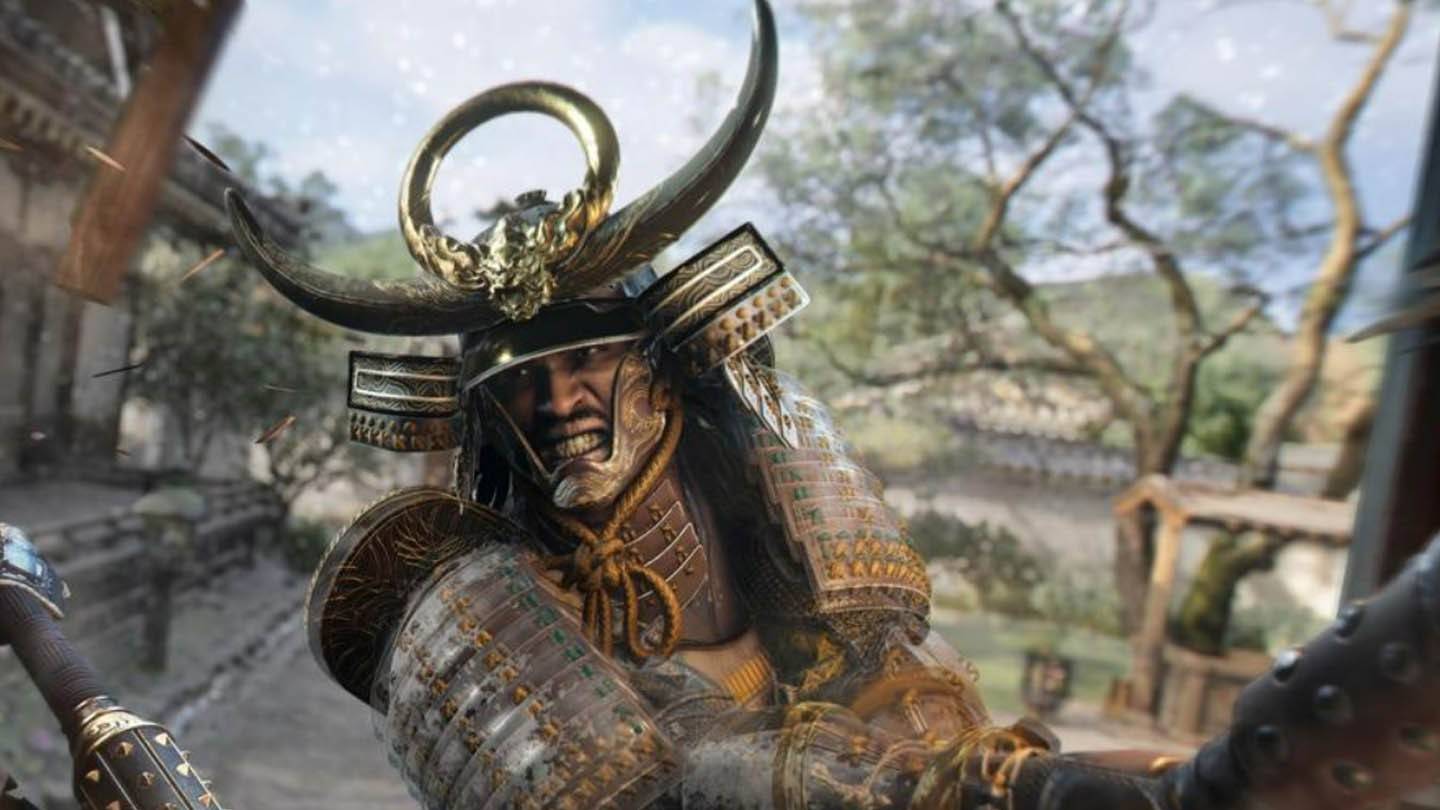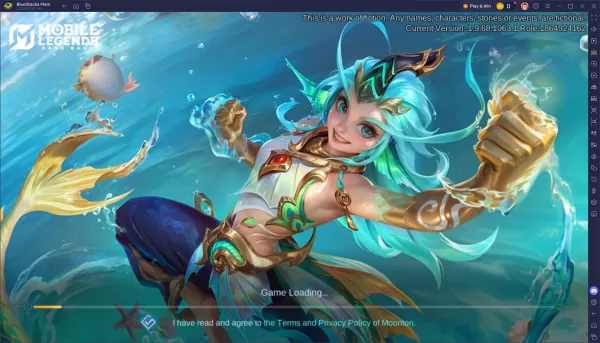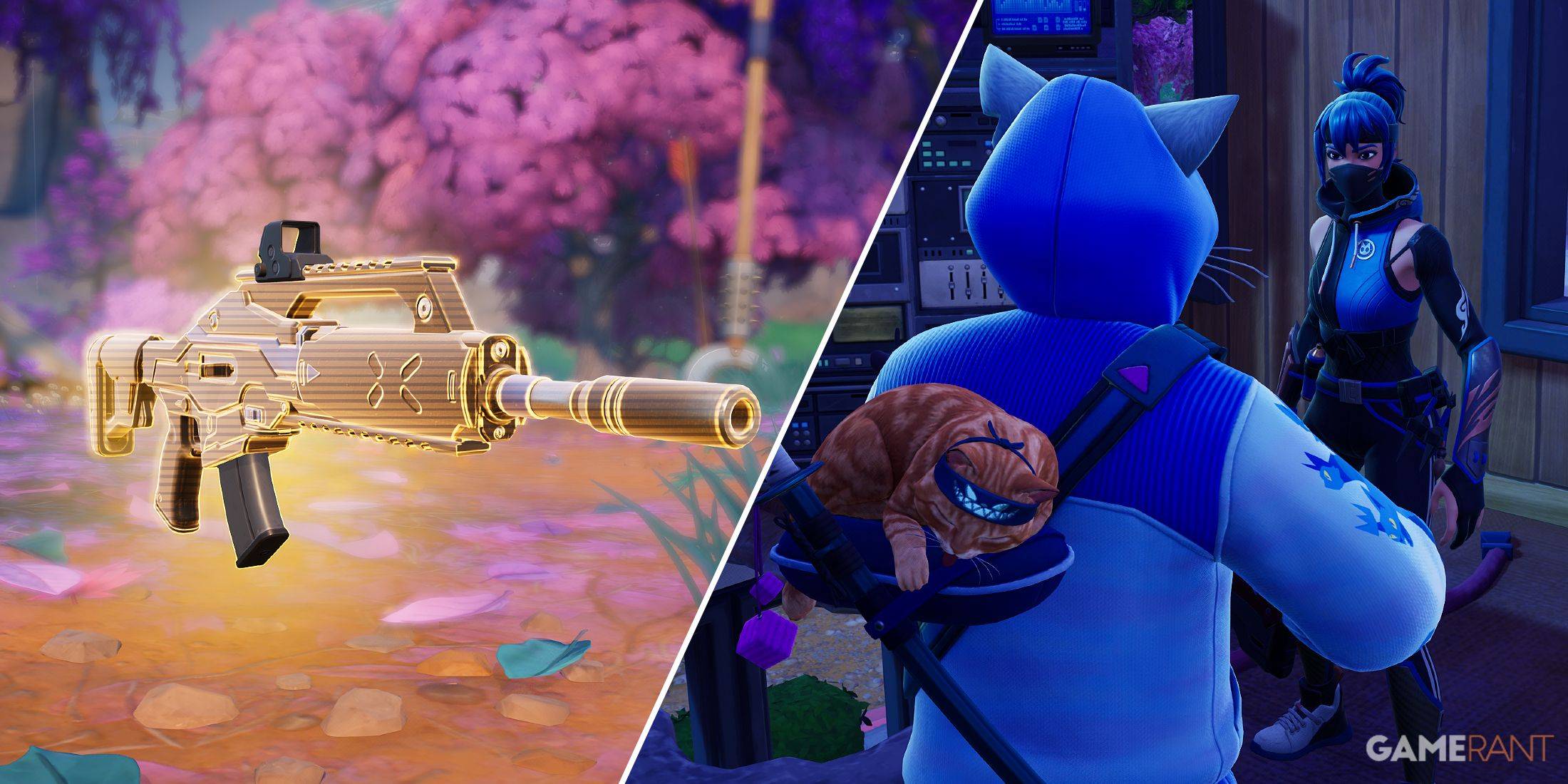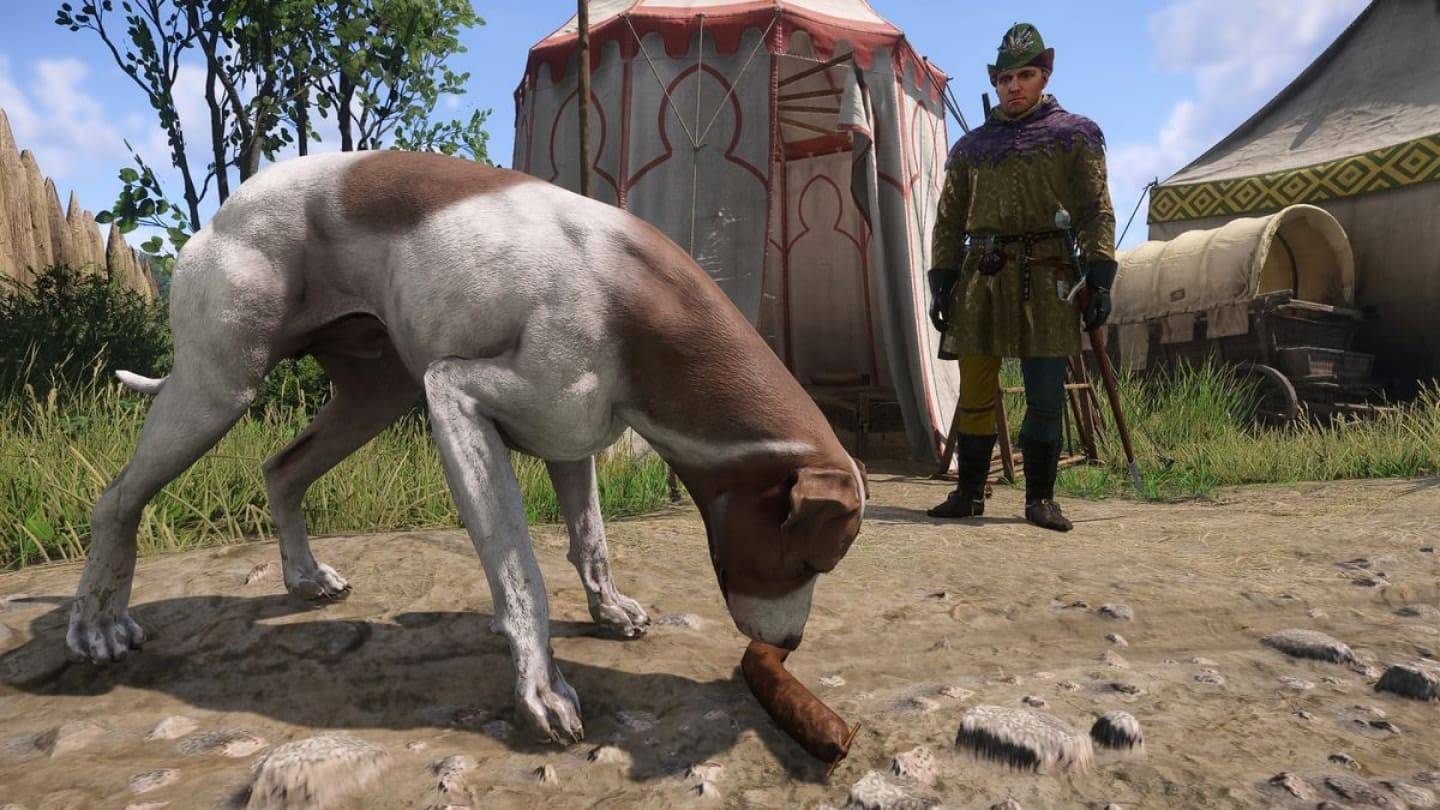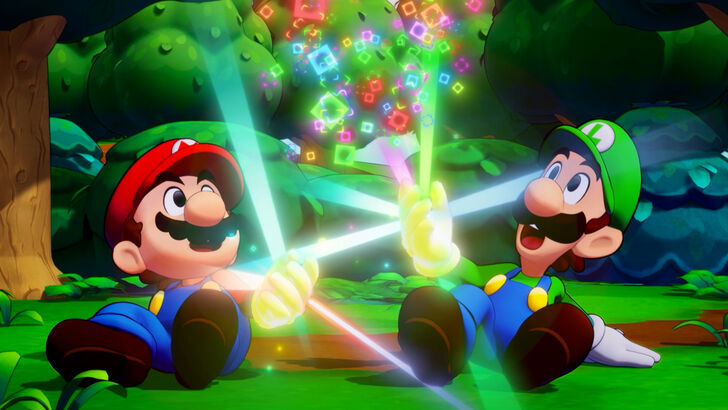
Nintendo's 84th Annual Shareholders Meeting shed light on the company's future strategies. This report summarizes key discussions on cybersecurity, leadership succession, global partnerships, and innovative game development.
Related Video
Nintendo's Frustration with Leaks
Key Takeaways from Nintendo's 84th Annual General Meeting
A Gradual Leadership Transition
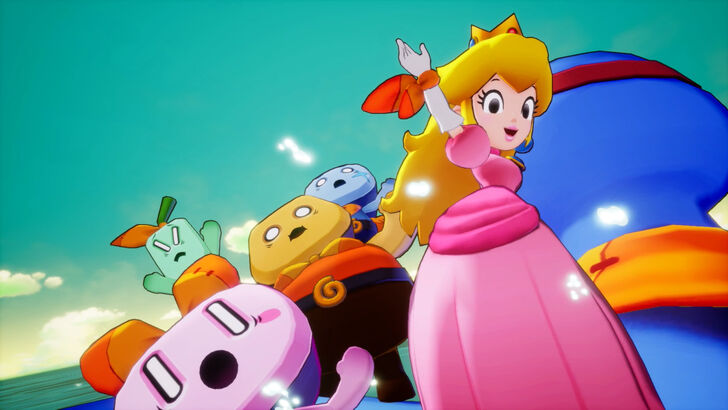
Nintendo's 84th Annual General Meeting highlighted the gradual transfer of leadership responsibilities to younger generations. Shigeru Miyamoto, while remaining involved (e.g., Pikmin Bloom), expressed confidence in the next generation's ability to lead Nintendo's creative endeavors. He emphasized a smooth transition, acknowledging the need to further delegate to even younger talent.
Enhanced Information Security Measures

Following recent industry security breaches (like the KADOKAWA ransomware attack), Nintendo underscored its commitment to bolstering information security. This includes collaborations with security specialists, system upgrades, and enhanced employee training on security protocols to protect intellectual property and operational integrity.
Accessibility and Indie Developer Support

Nintendo reaffirmed its dedication to inclusive gaming, particularly for visually impaired players, though specific initiatives weren't detailed. The company also reiterated its strong support for indie developers, providing resources, global promotion, and media exposure to foster a diverse gaming ecosystem on its platforms.
Global Expansion and Strategic Partnerships
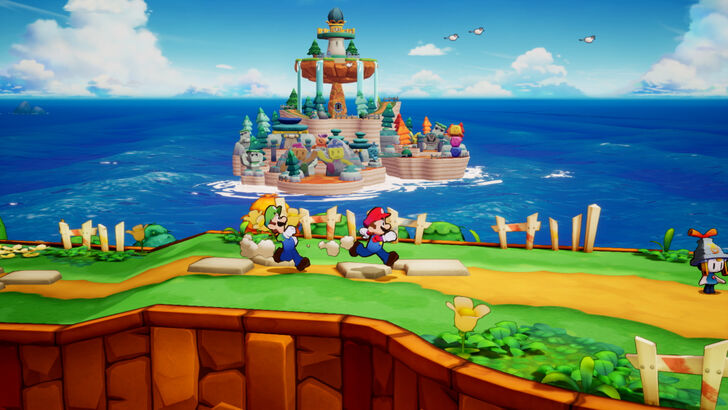
Nintendo's global expansion strategy includes collaborations like the NVIDIA partnership for Switch hardware development. Beyond gaming, the company's expansion into theme parks (Florida, Singapore, and Japan's Universal Studios) demonstrates a broader entertainment focus and a commitment to strengthening its global reach.
Innovation and IP Protection
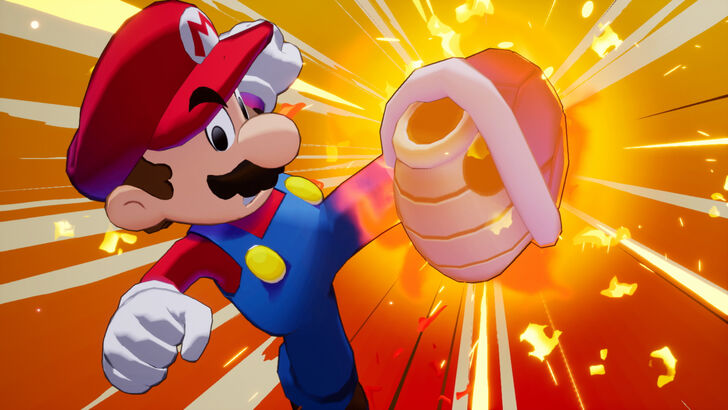
Nintendo emphasized continued innovation in game development while proactively protecting its valuable intellectual property (IP). The company is managing challenges related to longer development cycles by prioritizing quality and innovation. Aggressive IP protection measures, including legal action, are in place to safeguard iconic franchises like Mario, Zelda, and Pokémon, ensuring their long-term value and brand integrity.
These strategies demonstrate Nintendo's commitment to delivering innovative entertainment while preserving its legacy and brand in a competitive global market, ensuring continued growth and audience engagement.

